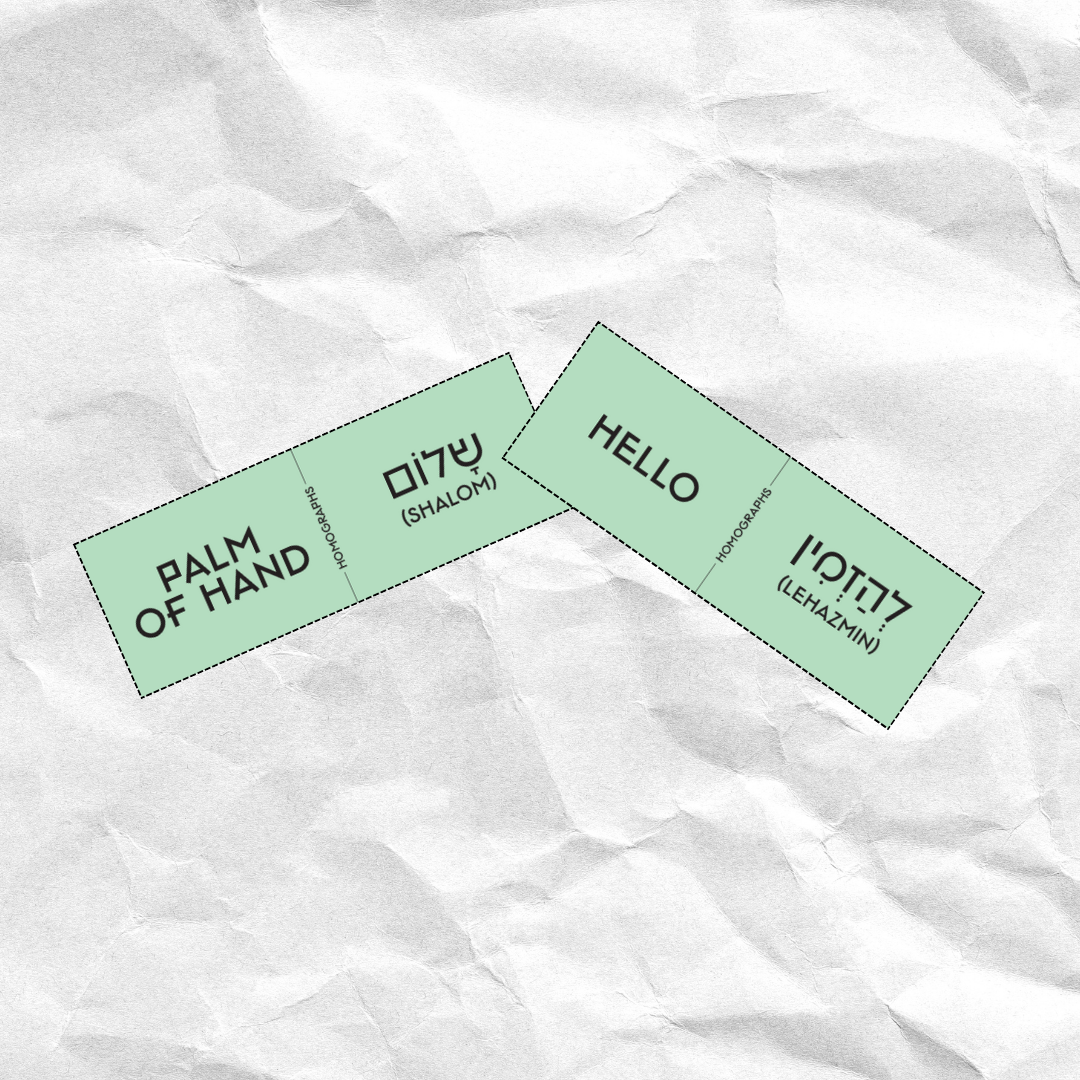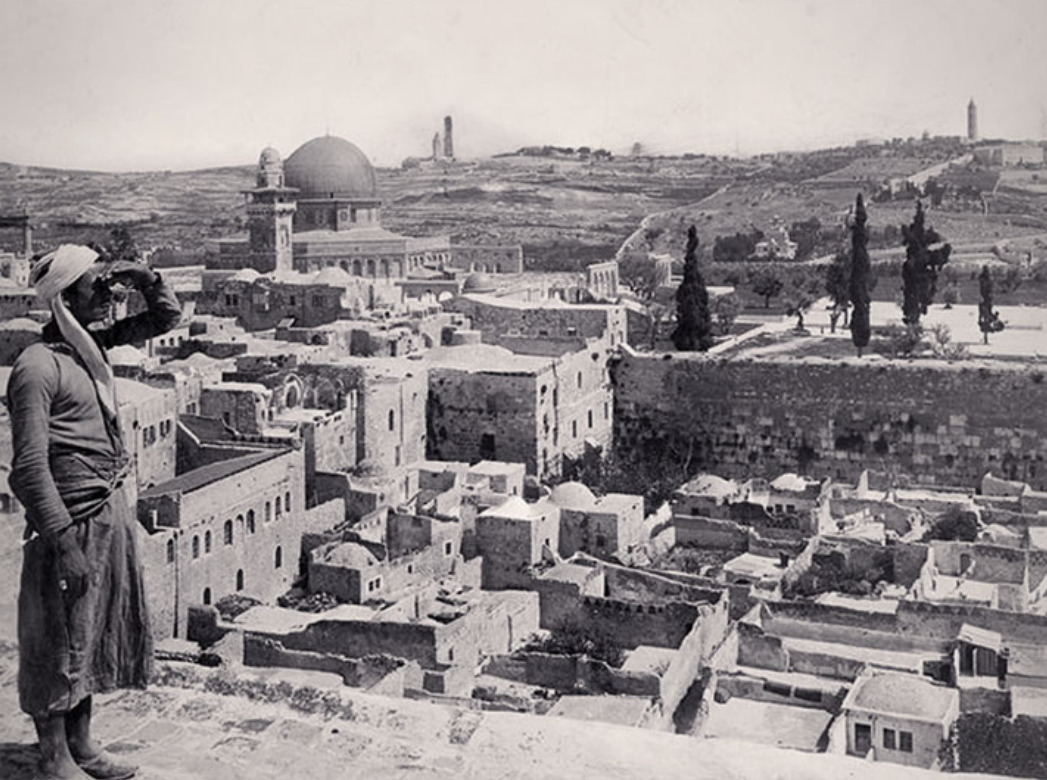Group Activity
Gallery walk and QFT (Question Formation Technique).
- An assortment of primary sources will be scattered around the room (on table sand/or hanging on the walls).
- Walk around the room and choose one primary source that speaks to you, sparks your curiosity, or draws your attention.
- Formulate a list of at least 10 questions about this source. Try to categorize the questions into closed questions (informative questions with a definitive answer, e.g., when and where was it created, by whom, and for what purpose?) vs. open-ended questions (questions whose answers entail some research). Note: for this exercise there is no need to answer the questions but rather to focus on asking them.
- In pairs or groups, share with others the reason why that specific primary source resonates with you and the questions you formulated about it.
Creative Activity
After learning about what primary sources are, do one of the two following activities:
- Find two primary sources that describe a day in your life at a younger age or that document an event you experienced and explain what each source can tell others about your experiences in retrospect (e.g., photo, certificate, article, email, social media post).
- Ask your parents to tell you about an experience you remember and compare their perspective with yours.
Discussion Questions
- What tools do we have to understand the past?
- Why is it important to preserve primary sources?
- What is their added value in contrast to other (secondary) sources of information?
- Can we ever learn the truth about events and people from the past?
- What are the advantages and disadvantages of historical perspective?
- What is the importance of the National Library of Israel for preserving Jewish and Israeli culture and history?
- What items would you like to preserve for future generations?







.png)
.png)









.webp)










%20(2).png)






.webp)







